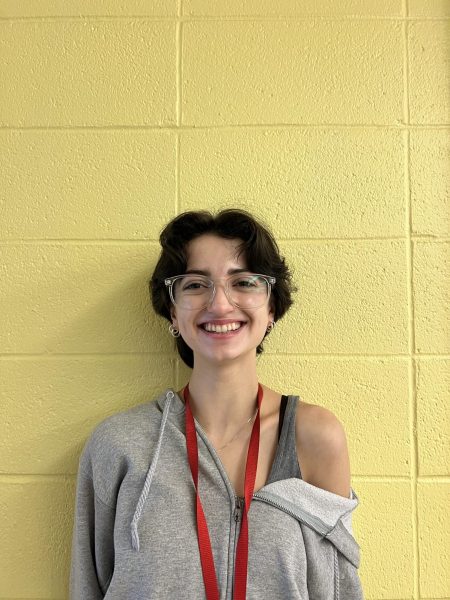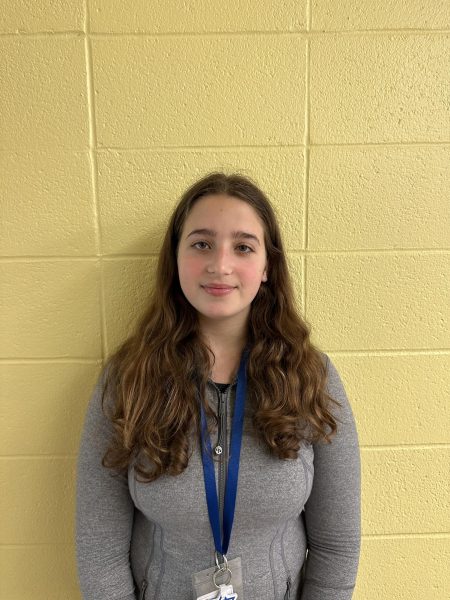Currently, students at Tenafly High School have a choice between Italian, Spanish, French, and Mandarin as their world language. But what if that changed?
On Monday, February 12, the Board of Education held its monthly public meeting. As the Education Committee was giving its report, the members spoke about a form that went out to the Tenafly students, teachers, and parents last year. For those who didn’t fill it out, it was a two-question Google form inquiring about World Language preferences. Both, “What is a new language you would like to see in Tenafly?” and “What language would you take in place of the new one?” were asked. There were five language choices for the first question with the top two being Hebrew and Korean, ranking 40% and 27% respectively with voters. For the second question, the top answer was Italian. This ignited a lively discussion about the possibility of reforming the World Language Department here at Tenafly.
Parents, students, and board members expressed mixed opinions on the issue. They brought up past world languages at the school, such as Russian, Japanese, and even Latin. Monday’s discussion brought a real conversation to the table: should Hebrew and other languages be added to the Tenafly curriculum?
The World Language Department prides itself on offering languages that are foreign to students so they can learn new languages and cultures. “By integrating the Hebrew language into the school’s curriculum, you will provide my peers with an opportunity to explore and appreciate a different culture. The acquisition of knowledge about this culture not only bridges gaps but also enhances our comprehension of the region,” Hila Litvin, co-author of this piece, said.
The main issue with offering Hebrew and Korean was the concern about adding heritage languages to a place like Tenafly, which has such a large demographic of both speakers. However, there have always been native Spanish, French, Italian, and Mandarin students, and this never has seemed to be an issue, so why would it be now? Concern stemmed from the fact that native-speaking students would be less likely to take other language classes, thus limiting their opportunities to learn about new cultures, dialects, and peoples. “Personally, it seems like a rather moot fear. As someone who is a native Spanish speaker who takes Mandarin, it seemed rather boring to take a class I already know the language of,” Lucia Martinez-Pelaez, co-author of this piece and Board of Education representative, said.
However, even if one is a native speaker, he or she must be evaluated by the World Language Supervisor, Dr. Giblin, to see where he or she would be placed. Heritage speakers won’t automatically skip the whole curriculum unless they show the ability to do so.
Another point brought up during Monday’s meeting was how having a language offered in school can make students feel closer to their own cultures and ethnicities. “By fostering an understanding of the region and acquiring proficiency in Hebrew, we can foster a more diverse community,” Litvin said. “With the rise of antisemitism, this world language class could educate my peers on the matter and encourage them to stand against antisemitism in order to create more diversity in classrooms, hallways, and in school generally.”
The main points of the meeting came from the World Language department’s purpose as well as the appeal of having an AP language course. The World Language department has always prided itself on giving students the opportunities to learn about foreign cultures and languages. Would adding a heritage language go against that? In addition, another argument discussed was that Hebrew does not have an AP test. Would this take away from students’ college applications? However, though AP Italian exists, it isn’t offered at Tenafly High School, so should languages that don’t have an AP be added to the curriculum?
Though this wasn’t an official survey, there seemed to be a lot of support for a reform of the languages offered in Tenafly Schools. An official audit must be made and money must go into researching curriculums and teachers. However, in the coming years, it seems that our World Language department will look very different from what it looks like currently.















































































































































